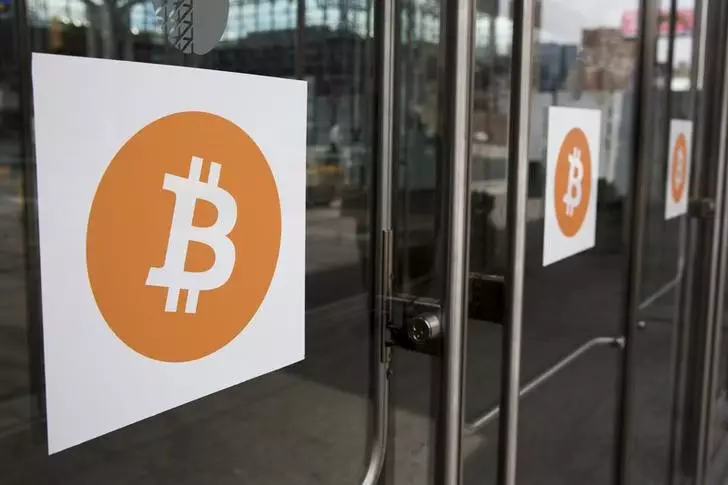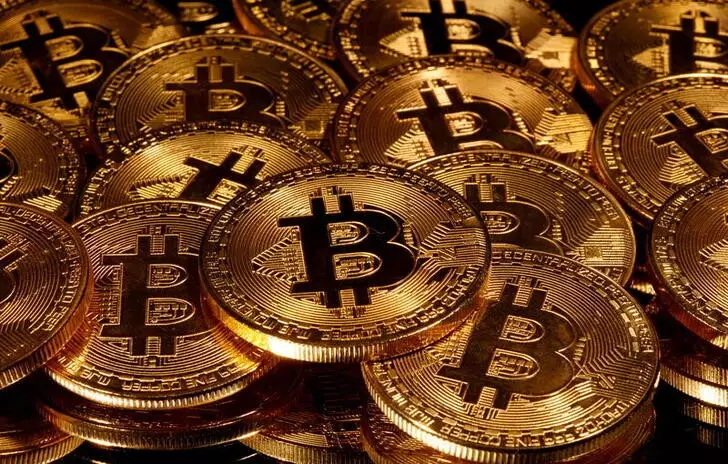Robert Kiyosaki’s Predictions: A Cautious Optimism Amidst Market Turmoil

In a recent post on social media platform X, renowned financial educator and investor Robert Kiyosaki has stirred conversations in the investment community with his bold claim of an impending “giant market crash.” Known for his bestselling book “Rich Dad Poor Dad,” Kiyosaki’s assertions carry significant weight, particularly as they pivot toward a critical evaluation of current economic conditions led by the actions of the U.S. Federal Reserve and financial institutions. Kiyosaki specifically cites the relentless printing of money by these entities, dubbing it “fake money,” which he argues exacerbates wealth inequality and diminishes the purchasing power of average citizens. This assertion opens the floor for an essential discussion on the sustainability of monetary policies and their impacts on the market.
Kiyosaki’s perspective sheds light on the disparity between those who possess “real assets” and the everyday person who relies on fiat currency. The wealth gap, he argues, widens as inflation and taxes erode the value of money, penalizing savers while enriching asset holders. This dynamic raises critical questions about the economic frameworks in place that may favor the affluent, leaving the middle and lower classes vulnerable. Kiyosaki’s stance is particularly timely, aligning with increasing concerns about inflation rates and the sustainability of consumer purchasing power in America.
Despite his grim outlook on the broader market, Kiyosaki remains optimistic about Bitcoin, gold, and silver as viable investments in turbulent times. He emphasizes that these assets have traditionally served as safe havens during economic uncertainty. His ongoing enthusiasm for Bitcoin is particularly noteworthy; he has forecasted its price reaching up to $350,000 by 2025. Such predictions, while optimistic, must be examined critically within the context of Bitcoin’s historical volatility and the factors that could influence its trajectory.
An intriguing aspect of Kiyosaki’s analysis is his focus on the political landscape and its impact on cryptocurrency. He points to the newly elected U.S. leadership’s commitment to embracing Bitcoin and creating a national Bitcoin reserve. Should these policies gain traction, Kiyosaki suggests, they could significantly enhance Bitcoin’s institutional credibility and market value. The interplay between politics and finance is a complex domain that merits careful observation, especially when considering potential changes in regulatory frameworks.
As we reflect on Kiyosaki’s insights, it is essential to recognize the broader implications of his analysis. This year marks the 16th anniversary of Bitcoin’s Genesis block, a milestone that signifies not only the cryptocurrency’s longevity but also its evolution as a financial instrument. The community surrounding Bitcoin continues to grow, and its increasing acceptance into mainstream financial discussions suggests that Kiyosaki’s bullish stance may resonate with other investors seeking alternatives to traditional assets.
Robert Kiyosaki’s recent statements serve as a wake-up call regarding the current financial climate while also highlighting the opportunities presented by alternative assets like Bitcoin. His perspective invites both caution and optimism, urging investors to rethink their strategies in a rapidly changing economic landscape.





